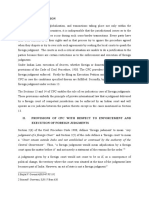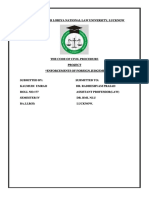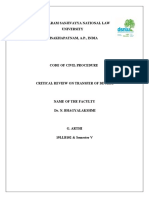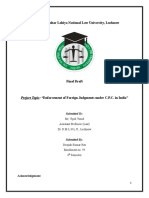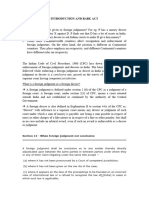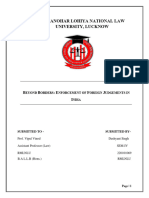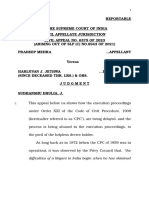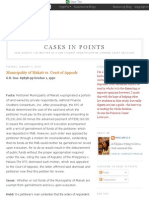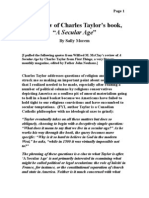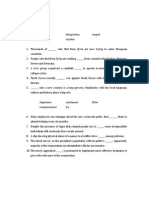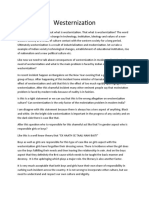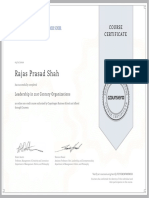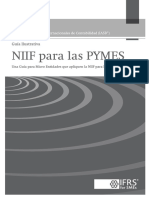0% found this document useful (0 votes)
20 views2 pagesCourts by Which Decree May Be Executed
section 47 cpc
Uploaded by
Brinda SharmaCopyright
© © All Rights Reserved
We take content rights seriously. If you suspect this is your content, claim it here.
Available Formats
Download as DOCX, PDF, TXT or read online on Scribd
0% found this document useful (0 votes)
20 views2 pagesCourts by Which Decree May Be Executed
section 47 cpc
Uploaded by
Brinda SharmaCopyright
© © All Rights Reserved
We take content rights seriously. If you suspect this is your content, claim it here.
Available Formats
Download as DOCX, PDF, TXT or read online on Scribd
/ 2
